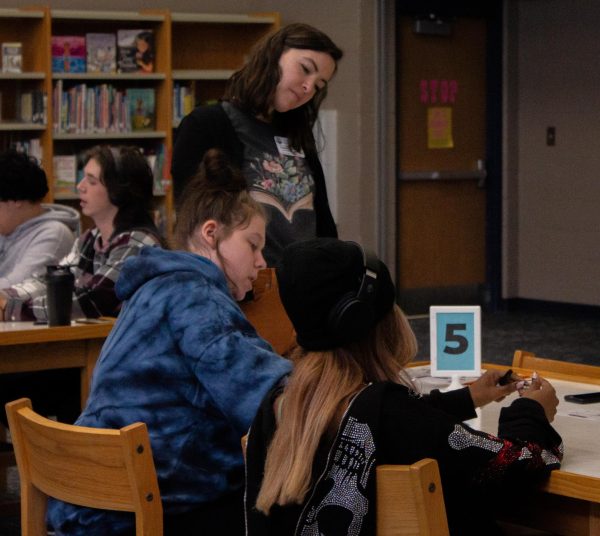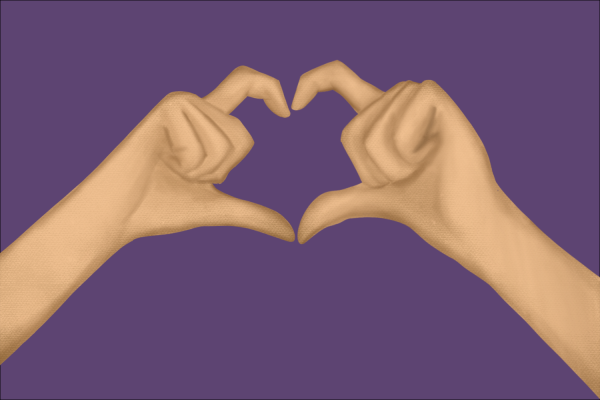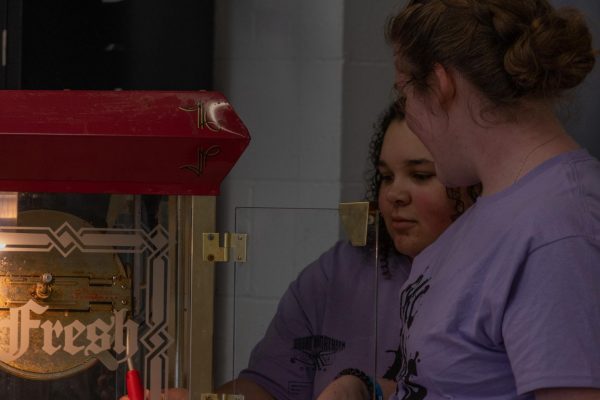Depression hits home
Depression in America is a growing problem, but at FHC, It’s fairly unknown.
May 22, 2014
Look at the kids in the room with you. See how they smile and laugh with the people they call friends. See how they talk a million miles an hour like nothing in the world can stop them.
Now look a little closer. Most likely, a few of these smiling faces are being eaten from the inside; not by some parasite, but from a mental disorder they struggle to control. These people suffer from depression.
Depression, to people who don’t experience it fully, is a small problem that can be fixed with a few good walks in the park. Unfortunately, it’s not that simple.
Dr. Susan Galloway explains how complicated depression really is: “Everyone experiences a few low points in their life, but people with depression never feel truly happy.”
People who suffer from depression find it difficult to work, study, sleep, eat, and enjoy friends and activities.
“People with depression experience fatigue or loss of energy, have feelings of worthlessness or guilt, have impaired concentration, indecisiveness, insomnia or hypersomnia [excessive sleeping],” Dr. Galloway said. “They also have markedly diminished interest or pleasure in almost all activities, have restlessness or feel slowed down and have recurring thoughts of death or suicide.”
Depression is fairly common, with about 6.7% of the U.S. population over age 18, affected, according to the National Institute of Mental Health. Overall, between 20% and 25% of adults suffer from depression at some point during their lifetime.
“Kids, teens and women are more likely to experience depression,” Dr. Galloway said. “But treatment frequently goes undiagnosed in these populations.”
According to Dr. Galloway, there is hope for those who are diagnosed with depression.
“Depression is very treatable,” said Dr. Galloway. “Treatment options range from medication to therapy and are, for the most part, very successful at treating symptoms.”
Since each person, and the severity of their depression, is different, treatment can be a slow process and can take up to months to get right. For others, symptoms are relieved within a few weeks.
According to the Diagnostic and Statistical Manual of Mental Disorders, Depression can be caused by substance abuse, another mental illness genetics, stress, a chemical imbalance in the brain and horrific life events.
School counselor Mr. Bailey has suffered from a low grade depression, called Dysthymia, ever since his mom died about four and a half years ago.
“My depression was pretty much situational. I felt my mood swaying a little bit but my mom dying was the tipping point.”
Mr. Bailey was diagnosed early, so his treatment was fairly easy to deal with.
“Once I went to a counselor and changed some of my lifestyle habits, I started to feel better, but it took a while to fully adjust and get better.”
Mr. Bailey makes sure to exercise, cut caffeine out of his diet and get plenty of rest so his symptoms don’t come back.
It’s hard to deal with depression, and it’s especially hard to deal with depression when no one is there to help. Lucky, depression can be easy to spot and those people can get help.












